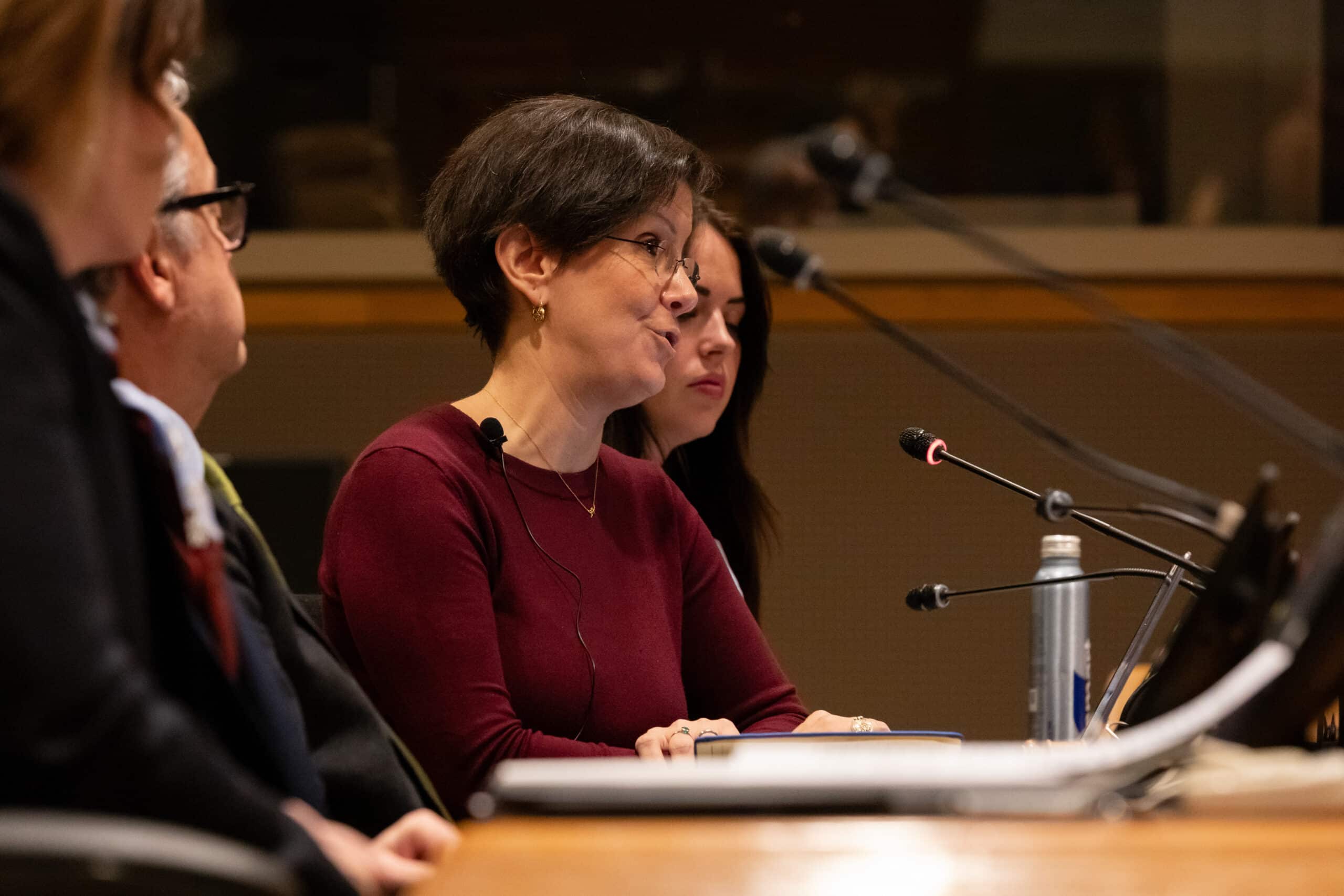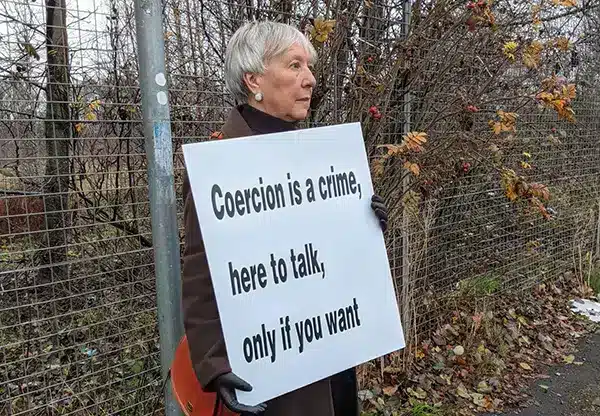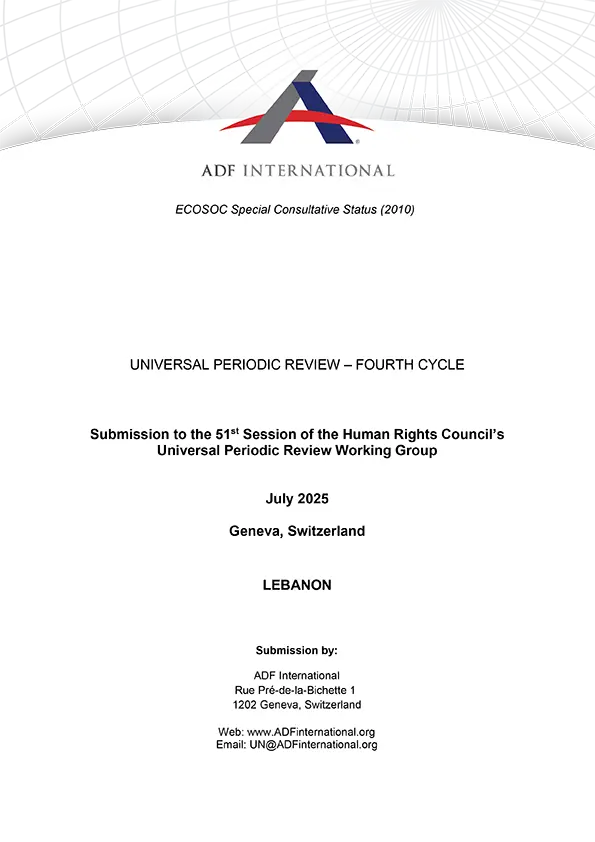- Christian grandmother arrested a second time; criminally charged for holding a sign reading “Coercion is a crime, here to talk, only if you want” within 200m of a hospital
- Rose Docherty, aged 75, left without chair for two hours in a police cell – despite having two hip replacements
GLASGOW (27 September 2025) – 75-year-old grandmother Rose Docherty has been arrested a second time and criminally charged for holding a sign within 200m of the Queen Elizabeth University Hospital, reading:
“Coercion is a crime, here to talk, only if you want.”
In Scotland, “buffer zones” are enforced within 200m of every hospital, forbidding harassment, intimidation, and “influencing” of anyone seeking to access abortion services.
“I should not be treated as a criminal for inviting people to chat with me – lending a listening ear."
- Rose Docherty
Despite only having stood silently offering consensual conversation and not having approached any individual, Docherty has been charged with breaching the “buffer zone.”
Reacting to her arrest, Rose Docherty said:
“Everybody has the right to engage in consensual conversation. I held my sign with love and compassion, inviting anyone who wants to chat, to do so – and stood peacefully, not approaching anyone.
“I should not be treated as a criminal for inviting people to chat with me – lending a listening ear. Conversation is not forbidden on the streets of Glasgow. And yet, this is the second time I have been arrested for doing just that.”
In August, Scottish authorities dropped their case against Docherty for holding the same sign in the same place after a global outcry against the 75-year-old grandmother’s arrest, including concerns raised in an online post by the U.S. State Department.
After her arrest this week, Docherty was held in custody for several hours. She was refused a chair to sit on in her cell, despite making it known that she had a double hip replacement.
Docherty has been charged and released on bail. Stringent bail conditions prevent her from attending an area marked out to be wider than the initial “buffer zone” area, in a move the legal team at ADF International call “disproportionate”.
Legal Counsel for ADF International, Lorcan Price commented:
“It’s deeply concerning that Scottish policing resources are being ploughed into arresting and prosecuting a peaceful grandmother offering to speak to people in public, rather than focusing on the problems caused by real crime in Glasgow.
“This is not a case about harassment, intimidation or violent protest – this is simply a grandmother, who held a sign offering to speak to anyone who would like to engage.”
The law’s architect, Gillian Mackay MSP, admitted on BBC Scotland earlier this year that the vague prohibitions in the buffer zones law could criminalise someone for praying visibly from a window in their home within the zone, “depending on who’s passing by the window.”
U.S. Vice President J.D. Vance highlighted this law as a particular matter for concern in his Munich Security Conference speech in February of this year.
Images for free use in print or online in relation to this story only
Pictured: Rose Docherty, Lorcan Price (ADF International)
















